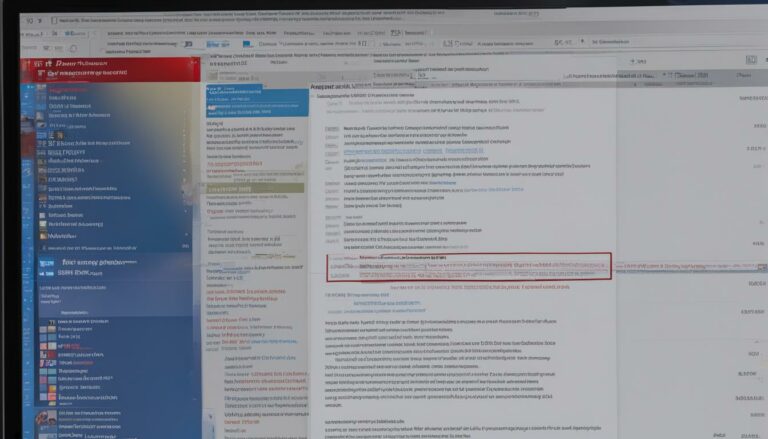
Moral implications of AI in personalised scholar assessments – AI-powered personalised studying platforms are quickly altering how we assess college students. Whereas these programs provide thrilling potentialities for tailoring schooling to particular person wants, additionally they increase some critical moral questions. We have to fastidiously take into account the potential pitfalls earlier than totally embracing this know-how.
Bias within the Algorithm
One main concern is algorithmic bias. These programs be taught from present knowledge, and if that knowledge displays present societal inequalities, the AI might inadvertently perpetuate them. For instance, if the coaching knowledge disproportionately options college students from sure socioeconomic backgrounds, the AI would possibly assess college students from completely different backgrounds much less favorably. This might result in unfair or inaccurate evaluations, probably impacting their future alternatives.
Instance: Think about an AI system designed to foretell scholar success in STEM fields. If the coaching knowledge primarily consists of college students from sure demographics, the AI would possibly underestimate the potential of scholars from different backgrounds, resulting in inaccurate placement and counseling.
- Answer: Builders must be extraordinarily conscious of potential biases within the knowledge they use to coach these algorithms. They need to additionally actively search numerous datasets to make sure fairer and extra equitable assessments.
Information Privateness and Safety: Moral Implications Of AI In Personalised Pupil Assessments
Personalised assessments typically accumulate important quantities of scholar knowledge. This knowledge consists of grades, take a look at scores, studying patterns, and even private info. Guaranteeing the privateness and safety of this delicate info is essential. Breaches or misuse of this knowledge might have critical penalties for college kids and their households.
Instance: Think about an information breach involving scholar evaluation knowledge. This might expose delicate info, probably jeopardizing college students’ future academic and profession prospects. This additionally brings into query the potential for misuse of such knowledge for discriminatory functions.
- Answer: Sturdy knowledge safety measures are important. Colleges and academic establishments must implement robust encryption, entry controls, and knowledge anonymization methods to guard scholar privateness.
Lack of Transparency and Explainability
Many AI programs, notably complicated deep studying fashions, function as “black bins.” It may be obscure how these programs arrive at their assessments. This lack of transparency raises issues about accountability and equity. If we do not perceive how an AI arrived at a selected judgment, it turns into difficult to problem or appropriate any errors or biases.

Supply: affiliatemarketingforsuccess.com
Instance: A scholar receives a low rating on an AI-powered evaluation however has no clear clarification of why. This lack of transparency can hinder the coed’s means to know their weaknesses and work on enhancing them. It will possibly additionally make it difficult to handle potential bias within the evaluation course of.
- Answer: Builders ought to try to create AI programs which can be extra clear and explainable. Strategies for decoding AI decision-making processes are wanted to offer readability and belief.
Over-Reliance on Expertise and Lack of Human Interplay
The growing use of AI in personalised assessments might result in a decreased emphasis on human interplay and personalised assist from academics. This might negatively impression the general studying expertise and the event of essential social and emotional expertise.
Instance: Academics would possibly rely too closely on AI assessments, probably neglecting the significance of particular person scholar interplay and addressing studying gaps in a extra holistic method. This might result in a decline in scholar engagement and studying.
- Answer: A balanced strategy is required. AI must be used as a software to boost, not substitute, human interplay within the studying course of. Academics ought to preserve their function in offering individualized assist and steering.
Additional Analysis: Discover the moral implications of AI in personalised scholar assessments additional by looking out “moral implications of AI in personalised scholar assessments” on Google Scholar or Wikipedia. You may discover quite a few assets that present beneficial insights into this essential matter. Google Scholar Wikipedia – Artificial Intelligence

